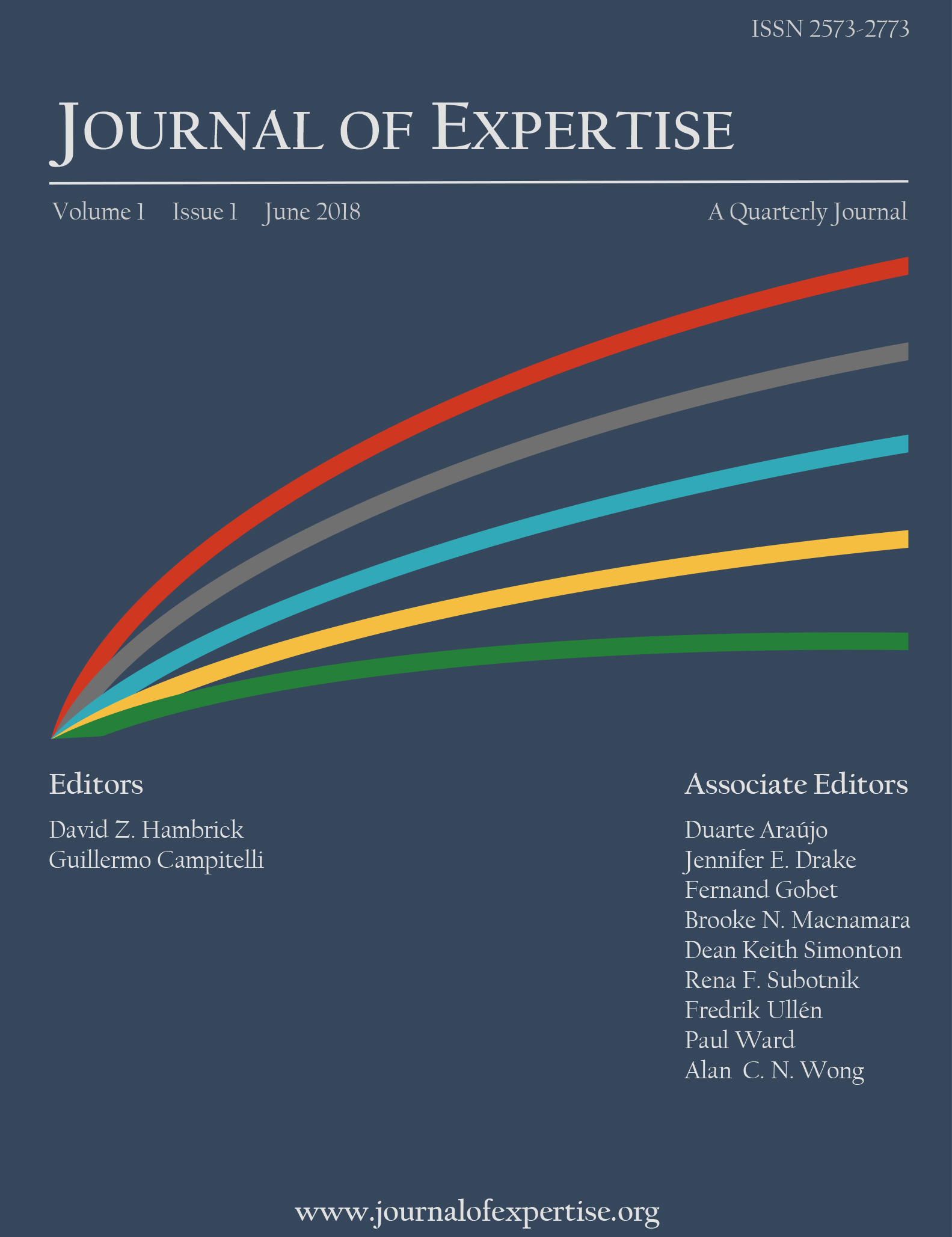Ray Breed 1, Olivia Mills 2, & Michael Spittle 3
1St Leonard’s College, 2North Melbourne Football Club, 3Victoria University
The aim of this exploratory study was to investigate if there were differences in perceptual-cognitive skills of sub-groups within an elite (full-time professional) Australian football (AF) team. Players completed a video-based test, measuring response accuracy, consisting of three sub-tests (pattern recall, ruck cue utilization, and decision-making with the ball) using clips from 2010 Australian Football League (AFL) matches. Forty-six males (M age = 22.0, SD = 3.4 years) were stratified in three ways for analysis: a) highly skilled and skilled decision-making groups, based on seven coaches’ ratings of decision-making skill; b) midfield and key position players; and, c) experienced and inexperienced players, based on the number of AFL games they have played (e.g., < 25 or 25+). No significant difference was found between the highly skilled and the skilled group for total test score (p = 0.04). The highly skilled group did, however, perform significantly better than the skilled group (p = 0.01) for the decision-making with the ball sub-test, but not for the pattern recall and ruck cue utilization sub-tests. No significant differences were found between the midfield and key position players, or between the experienced and inexperienced players. It appears that the more complex and realistic a video-based task is, the more likely perceptual-cognitive differences will be found within elite AF players. The study compared players at the elite (full-time professional) level, rather than comparing expert and novice participants, and found some perceptual differences between highly skilled and less skilled players.

